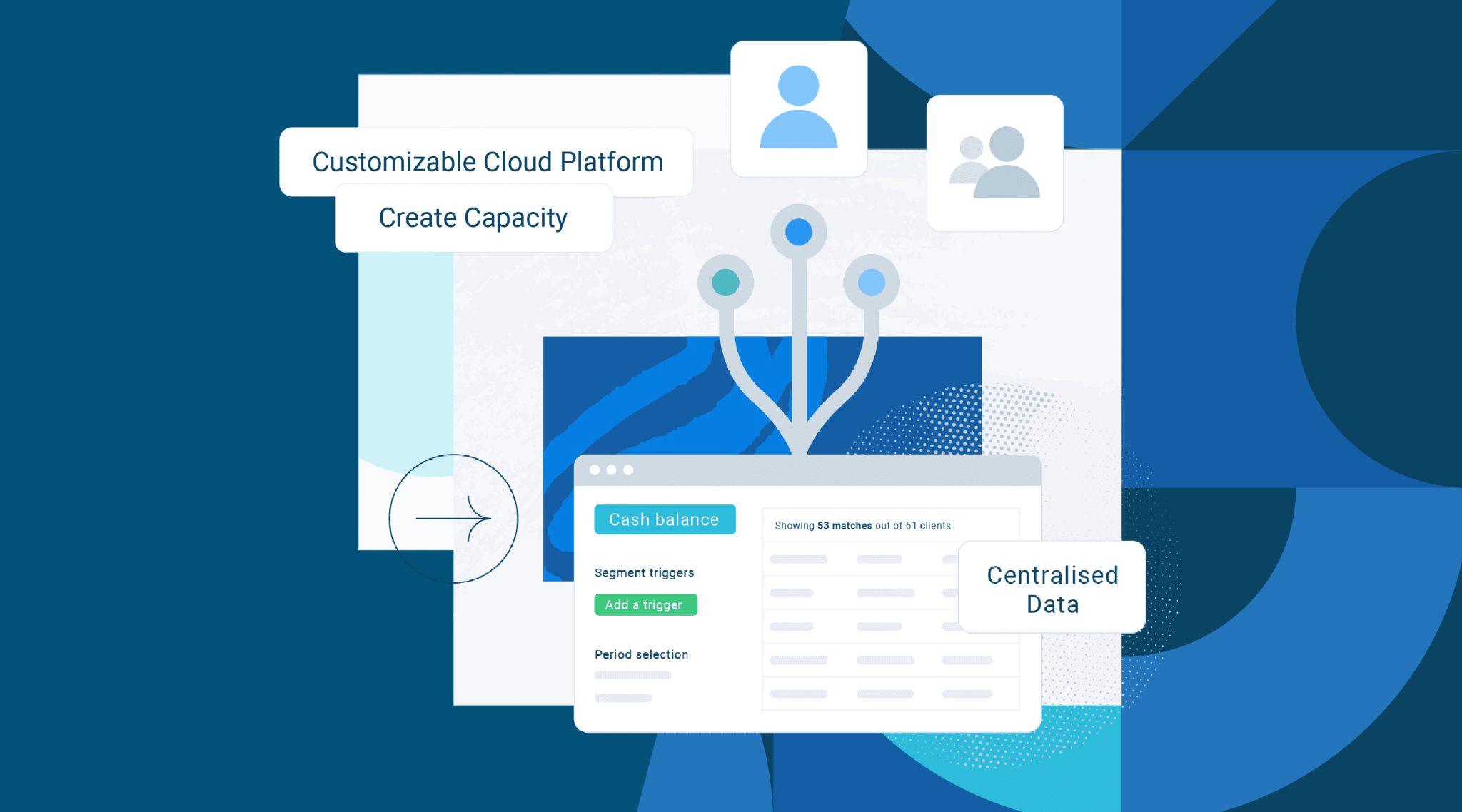As the countdown to Fast Forward Studio continues, we sat down with Jorgen Broothaers from PwC Belgium to discuss his experience in the accounting profession and what he believes firms must do to remain competitive.
Register here for #FFStudio20 to hear more leading accountants share their digital transformation stories.
You’ve been active in the profession for a while. How have you seen accountancy change in the last few years?
Looking back it’s fair to say that our world has changed quite significantly.
There is a huge variety of clients and services in the accounting industry so my answer to this question must be given in a more personal context. Within PwC my focus is on helping larger, multinational organisations manage their compliance requirements in an efficient and effective manner, not only in Belgium but also around the globe.
If I look at those clients, their needs have changed significantly over the last years, mainly as a consequence of three trends. First of all the business environments our clients operate in have changed. We have seen increasingly fast global expansion which has brought the need for faster reporting, better insights and more focus on being in control of financial data, these are just a few examples. These evolving needs require us to continuously evolve our services and provide added value to our clients.
The second trend is that many clients are going through finance function transformation projects. They are increasingly centralising more and more activities into shared service centres, outsourcing and managed services firms. This obviously has had a big impact on the accounting needs of our clients and often reduces the traditional finance function. Similarly the evolution in the ERP landscape with the shift to cloud-solutions makes the localisation of processes for managing some of these requirements a real challenge. As a service provider we are now often more an extension of our clients’ finance teams which requires different skill sets amongst our teams, such as a more global perspective, better communication skills and digital capabilities.
Finally, there’s the changing tax landscape. On the one hand there is an increased focus on controls and transparency, while on the other hand in many territories there are more reporting requirements – just think of all the SAF-T (standard audit files for taxes) we see being introduced. As accountants we are increasingly acting as the bridge between these requirements and our clients.
I’m looking forward to seeing our profession evolve even more. In the coming years I expect to see an evolution towards more transactional data-driven compliance; the need for a more risk-based approach as part of, for instance, a tax control framework, and a heavy impact of new technologies used by all stakeholders. The future will certainly hold great opportunities for our profession if we adapt.
What is the role of technology today in the sector and how do you see it evolving in the near future? What challenges does this present for accounting firms?
For many years technology has played a very important role in the accounting profession. Traditionally we have seen a very slow response to change which I found frustrating but recently we have seen an ever-increasing pace of digital transformation. Technology has become an essential part of each and every project. At PwC we have redesigned many of our global processes to become digital first and data centric. Digital first is all about redesigning around simplification, standardisation and automation, while Data Centric drives better cross-functional solutions, a more modular and flexible approach, and accelerating the leverage of both established and emerging technologies. The result is an acceleration of the standardisation and automation of the overall process even if the client’s data landscape may still be in a very dispersed state.
One of the biggest challenges we’ve experienced has been how we train the next generation of accountants in this new world. We had to redesign our junior training programmes around the fact that the typical processing activities have reduced significantly so the on-the-job learning doesn’t happen in the same way anymore. Our people now start working with data files rather than boxes of documents. Within PwC this is part of our larger efforts on upskilling our people for the digital world, a programme called ‘Your Tomorrow’.
Do you think advisory services are now playing a more important role? Do you think the needs of the customer, the companies, have changed?
Absolutely! Clients no longer want their accountants to update accounting records, produce statutory financial statements, tax returns and present the figures once per year. They are looking for a trustworthy business partner, identifying risks and opportunities, providing the insights needed to make their business thrive and supporting internal projects.
As an example, we get more and more requests to help our clients with the implementation of the newest cloud based ERP-platforms and with setting-up more advanced reports and dashboards to drive operational efficiency. In Belgium we have a global Center of Excellence on what we refer to as GAAP 2 STAT conversion. How do you approach this challenge from a people, process and technology perspective? The real value is not just in efficient processes but more importantly how it tackles structurally one of the key data challenges many of our clients have with their downstream processes, very often tax-related. In my view the role of the accountant has to shift towards advisory services as most compliance activities will get automated. This advisory role needs to use the newer technologies to deliver the value our clients are looking for.
At Fast Forward Studio, you’ll have a session with other leading accountants, sharing their digital transformation stories. Could you tell us briefly what the viewers can expect from you?
We often refer to digital transformation as a journey. I hope that by sharing feedback on our journey, the choices we made, the lessons we learned along the way, and the path we have ahead, we can provide some insights for others as they choose to embark on their journey.
Which individuals or companies inspire you today? What have they done and why do they inspire you?
There are so many different people that inspire me each day. Whether it is a great article, a client talking with passion about their business or new technologies being presented with great opportunities. My team also greatly inspires me, particularly some of the more digital members. If I see the things some of these youngsters do, they are really amazing! Whenever they present something they developed independently you know that digital transformation is happening. I must admit it makes me really envy them – I would just love to be 20 years younger and back at the start of my career in today’s world.
What advice would you give to companies who want to transform digitally?
There is lots of great advice out there but personally I would recommend firms starting by upskilling their people and then boosting the odds of success by taking a people-led approach which we refer to as ‘citizen led-innovation’. I’ve seen great examples of how the enthusiasm, drive, and innovation of young people has really brought about some great solutions.
A great start for organisations who want to start on this journey is PwC’s digital fitness assessment app. We initially used it internally to upscale our people but it is now available for everyone for free on the Apple app store or Google play so I would certainly invite everyone to have a look.
One of my favourite quotes is that luck is where opportunity meets preparation. If your organisation is prepared for the many opportunities that lie ahead, I am convinced that we have great value to offer as a profession to both clients and our teams.






